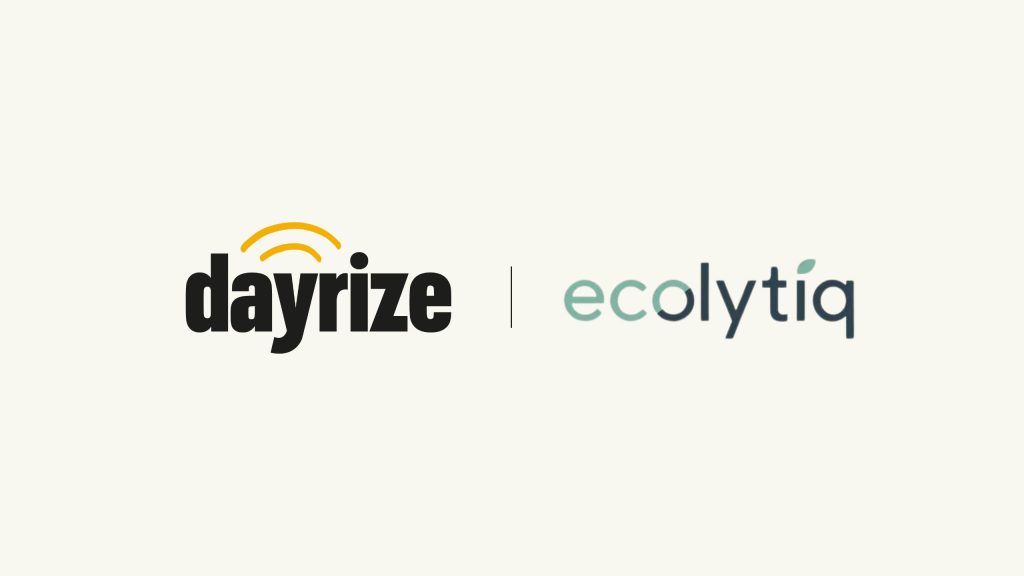
At Dayrize, we see a diverse and evolving landscape as many of our customers work towards achieving net zero emissions. For brands, retail, and consumer goods companies on the road to net zero, it can be overwhelming to figure out how to start decarbonising their operations and value chain.
This week’s highlights focus on this important mission. We’ve picked out four articles and insights from industry leaders that discuss the significance of net zero emissions, suggested net zero strategies and highlight other sustainability trends. Keep reading to learn about the benefits of reaching net zero, its role in protecting the environment, and how businesses can contribute to this global effort.
First, a comprehensive introduction to Net Zero Emissions by the World Resources Institute that serves as a good starting point in understanding this topic. To avoid the worst climate impacts, global greenhouse gas (GHG) emissions will need to drop by nearly half by 2030 and ultimately reach net zero. This study answers the 8 most common questions when it comes to Net Zero emissions including what does a net-zero target actually mean, what needs to happen to achieve Net-Zero emissions? Which countries have already made such commitments? and more.
Link to Article: https://www.wri.org/insights/net-zero-ghg-emissions-questions-answered
Next, we explored the insights offered by key industry player- Deloitte. The analysis emphasizes the need for transformative changes in both government policies and business practices to address and achieve net-zero carbon emission goals. Key strategies for businesses include understanding their carbon footprint, developing a clear decarbonization vision, making swift changes, fostering partnerships, and adjusting their operating models.
Link to Article: https://www.deloitte.com/na/en/services/risk-advisory/blogs/addressing-net-zero-carbon-emission-goals.html
Thirdly, we shifted from big businesses to SMEs, particularly in the UK and the actions they have taken to hop on the bandwagon of net zero emissions. SMEs often have lower carbon footprints than larger businesses but collectively account for around half (43-53%) of UK businesses’ greenhouse gas emissions, so supporting them to get to net zero is critical. Certain steps that SMEs can take include switching to renewable energy, minimizing travel emissions AND collaborating within the industry.
Link to Article: https://www.bioregional.com/news-and-opinion/smaller-businesses-transition-net-zero
Finally, as an overview of everything we learnt from the above articles, IBM offers 5 sustainability trends including and beyond net zero goals that businesses should embark on in 2024. Advanced technologies, more stringent reporting standards and stronger support from stakeholders are central for eco-friendly initiatives hence trends like net zero, sustainability reporting and more are irreplaceable strategies.
Link to Article: https://www.ibm.com/blog/sustainability-trends/
At Dayrize, we believe that credible Net Zero transition plans start with understanding where the real impact is: At the Product Level.
To learn more about sustainable strategies, subscribe to our updates below or follow us on LinkedIn.

